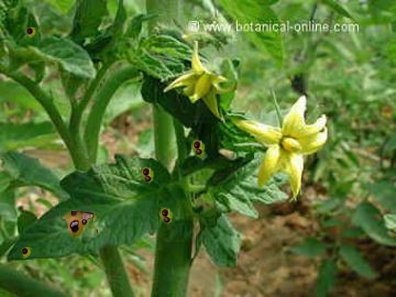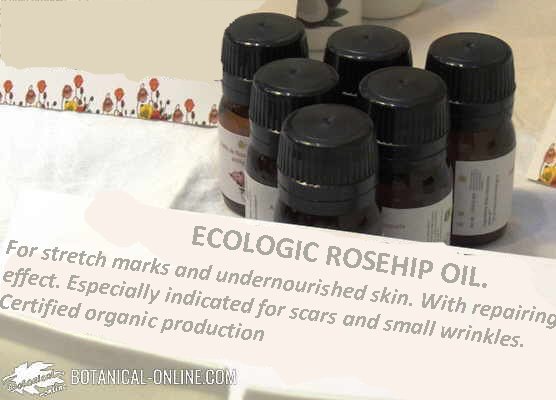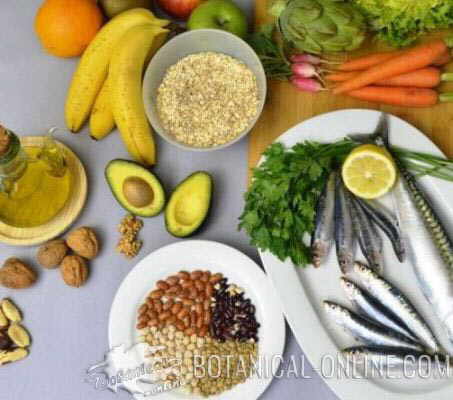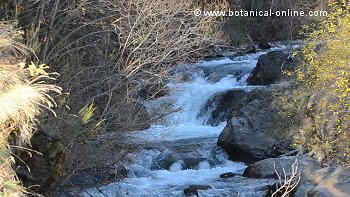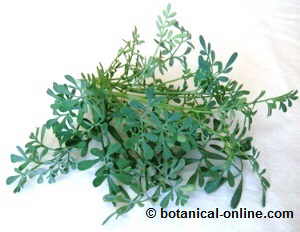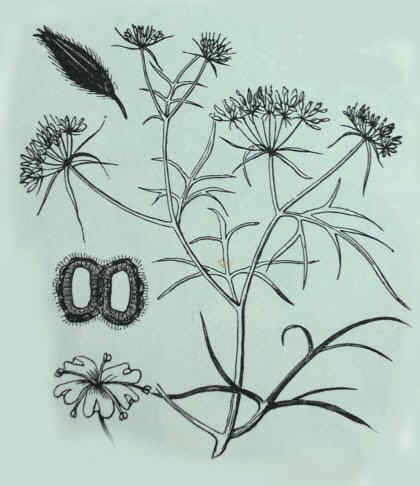Contents
- 1 Vegetarian food in a sport diet
- 1.1 NATURAL FOOD FOR SPORT
- 1.2 How to increase your muscle mass?
- 1.3 How many calories does an athlete need?
- 1.4 Diet for sports depends on each individual and the type of sports practiced
- 1.5 Factors that can not be modified in a sports diet
- 1.6 Most easily modifiable factors in a sports diet
- 1.7 Vitamins and minerals in the diet of vegetarian athletes
Vegetarian food in a sport diet
NATURAL FOOD FOR SPORT
How to increase your muscle mass?
An adequate and constant physical exercise and a balanced diet, as varied as possible, are the basic pillars to achieve an increase of your muscle mass without harming your body.
Excessive intake of any nutrients, such as proteins or carbohydrates, or an excess of calories ingested is NOT recommended.
Exercise and the frequency with which it is performed can be modified in some of its aspects or proportions depending on each individual.
How many calories does an athlete need?
In order for the calorie intake to be considered correct, calorie-intake must complete the needs of each individual in relation to his/her physical exhaustion.

People walking in the mountain
In this way, you will achieve the highest possible performance, without suffering deficiencies, excesses or any health problem, whether in short or long term.
Obviously, an increase in physical exhaustion is directly related to an increase in the energy needs of the individual, in addition to other parameters that we must take into account as the contribution of macro and micronutrients, which must be achieved through a balanced diet.
Diet must be varied and adapted to the needs of each person, elaborated, if possible, by a nutritionist.
In addition to these factors, we must also take into account other areas and factors that can and do affect the energy needs to be consumed:
Diet for sports depends on each individual and the type of sports practiced
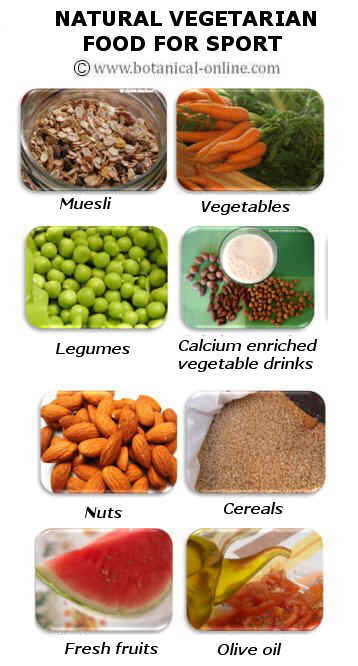
These are some of the recommended foods in the diet for sport. In the list above appear the foods that fit the sportsman classified by food groups: proteins, carbohydrates, fats…
Each individual is different, with a different constitution and different metabolism. Therefore, you will need some concrete recommendations.
We must individualize the diet according to our characteristics, because, if we are governed by general recommendations, it is more than likely that the chosen diet does not cover our specific needs.
In this case, we will probably not get the desired or expected results, besides we will probably be subjected to some type of health problem.
So we must always bear in mind that we are faced with two types of factors:
Factors that can not be modified in a sports diet
These are:
- Age
- Sex
- The body composition of each person.
- We must also consider environmental factors such as temperature, which directly influences the individual expenditure.
Most easily modifiable factors in a sports diet
These are:
- Type of activity,
- Intensity of activity
- Duration with which it is practiced
- Degree of consistency required
- Frequency of training
These factors are also aspects that directly influence caloric expenditure and, therefore, we must keep in mind.
Vitamins and minerals in the diet of vegetarian athletes
Given that macronutrient requirements are increased, micronutrient intake requirements such as vitamins and minerals will also be increased.
Although they do not provide us with energy, these micronutrients intervene in many functions very necessary for a correct functioning of our organism, from the metabolic level to its antioxidant or basifying effects of some of them. Instead of taking supplements of vitamins and minerals, it is more convenient to obtain them through a rich and varied diet.
* Related information:
An ideal fruit for doing sports
Acai, ideal food for athletes,
Weekly diet for competition and training
![]() More information on natural vegetarian food for sport.
More information on natural vegetarian food for sport.

